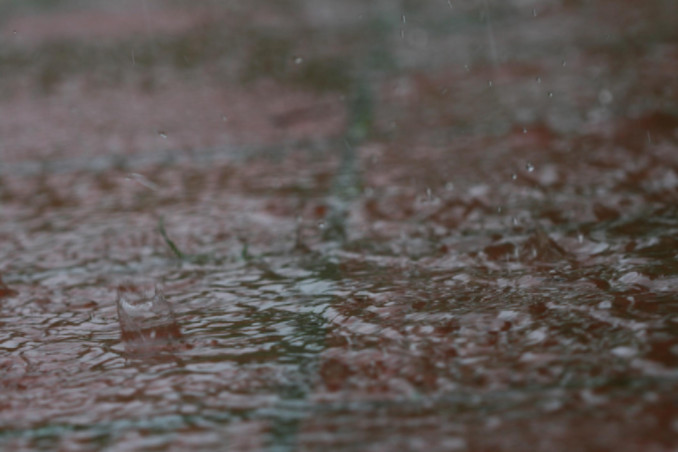An HVAC system is designed to keep a home cool in the heat of summer and warm in the cold of winter. Most systems are comprised of two units: the air handler on the inside of the home and the compressor which is located on the outside.
Some homeowners fear that using their HVAC system during rainy and wet weather can damage the system. While there are some precautions, most homeowners can use their heating and cooling system without worry, come rain or shine.
A/C Flooding
Though rain itself will not damage the external components of an air conditioner, flooding will. If water pools around the base of the compressor, it can cause the coils to become corroded or lead to electrical shortages. Also, it can prompt the fan motor to short out and cause the unit to overheat.
The best way to prevent this issue is to ensure the external unit is elevated in an area where there is little flooding potential and to avoid using the system if a flood is likely to occur.
Severe Storm Damage
Severe thunderstorms come with more than just rain. High winds, hail and lightning can accompany the worst storms. While winds themselves will not harm external HVAC components, downed tree limbs and blowing debris can cause external damage or harm the condenser coils located near the outside of the machine.
Lightning is also a significant threat to A/C systems. Just one strike will likely cause a unit to burn out instantly or lead to power surges that could burn out the motor.
Snow Accumulation
Many air conditioners also work as heat pumps and provide a reliable way to keep a home comfortable during winter weather. If snow is left to accumulate on the top of the unit, it can cause your heating system to stop working properly or run on inefficient heat coils.
The best defense against this widespread problem is to remove snow before it has a chance to stick, or place a cover over the unit to prevent accumulation without restricting the flow of air from the cooling fan.
Off Season Precautions
Most homeowners are surprised to learn that the most harmful thing for an air conditioning system is long dormant periods. When the unit operates, the internal fan helps to keep the machine’s components stay dry and cool. If this fan does not have the opportunity to run, it can lead to a buildup of moisture and cause the internal components to rust. This can lead to a seized motor or a compressor system that leaks, and will leave the unit unusable until repairs can be made.
While many things can damage an air conditioner, standard rainfall is not one of them. There are several precautions a homeowner can take to keep these issues at bay and allow an air conditioning and heating system to provide years of reliable service – no matter what Mother Nature may have in store.

